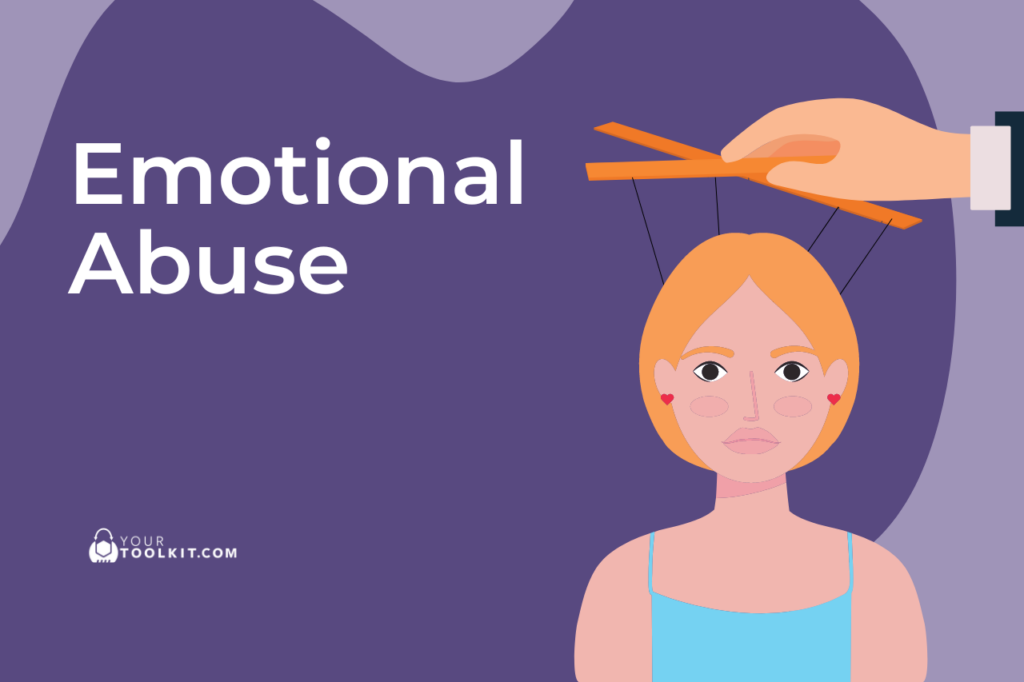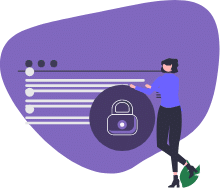What is Emotional Abuse?
Emotional abuse is a form of coercive control and occurs when somebody destroys another person’s self worth through fear, isolation and control. It can leave you feeling emotionally and mentally confused, disempowered and drained. Emotional abuse can be hard to spot as it’s very subtle and almost invisible to outsiders. Abusers are skilled manipulators who spend a lot of time covering their tracks to ensure there are no witnesses to their abuse, other than you.

Only unmute videos when it’s safe. Turning on sound affects all videos.
In public, the abuser can be seen as a super-nice and charming person that you are lucky to have, so if you speak up about what is happening to you other people can have a hard time believing it. You may then doubt the abuse, think there’s something wrong with you, or even dismiss it as something that happens in every relationship. Emotional abuse is a foundational behaviour in coercive control because it is concerned with obtaining and displaying power.
Angela is in her late-twenties and lives with her partner Marco in a large metropolitan city. Angela is originally from South America and came here as a migrant in her late teens. Marco often corrects her when she is re-telling a story or explaining something, suggesting her English isn’t good enough. He tells her that her feelings are wrong and that he can have her deported if she doesn’t agree with what he says. Marco has started telling their families and friends that she is bipolar. He says that if anything comes up, she’s probably having an episode. Angela has tried to confide in her friends with little success.
Only unmute videos when it’s safe. Turning on sound affects all videos.
Examples of Emotional Abuse
- Humiliation, name-calling and yelling
- Insults and ridicule
- Punishment for not doing what the abuser wants
- Invasion of privacy
- Jealousy
- Ridiculing religious beliefs
- Disrespecting boundaries
- Groundless accusations - making claims about you or your behaviour that are not true
- Body-shaming, e.g. telling you repeatedly you are fat or ugly
- Slut-shaming, e.g. accusing you of cheating, or being overly sexual
- Taunts and racial slurs
- Exploiting a behavioural or emotional weakness (drug use, swearing, anxiety) to attack your parenting
- Feeling embarrassed in front of your family and friends about the way you are spoken to by your partner




